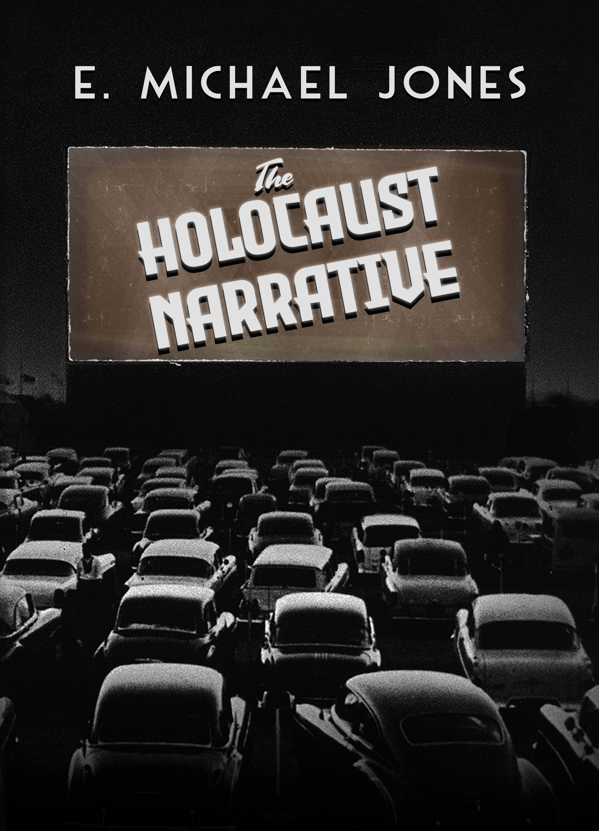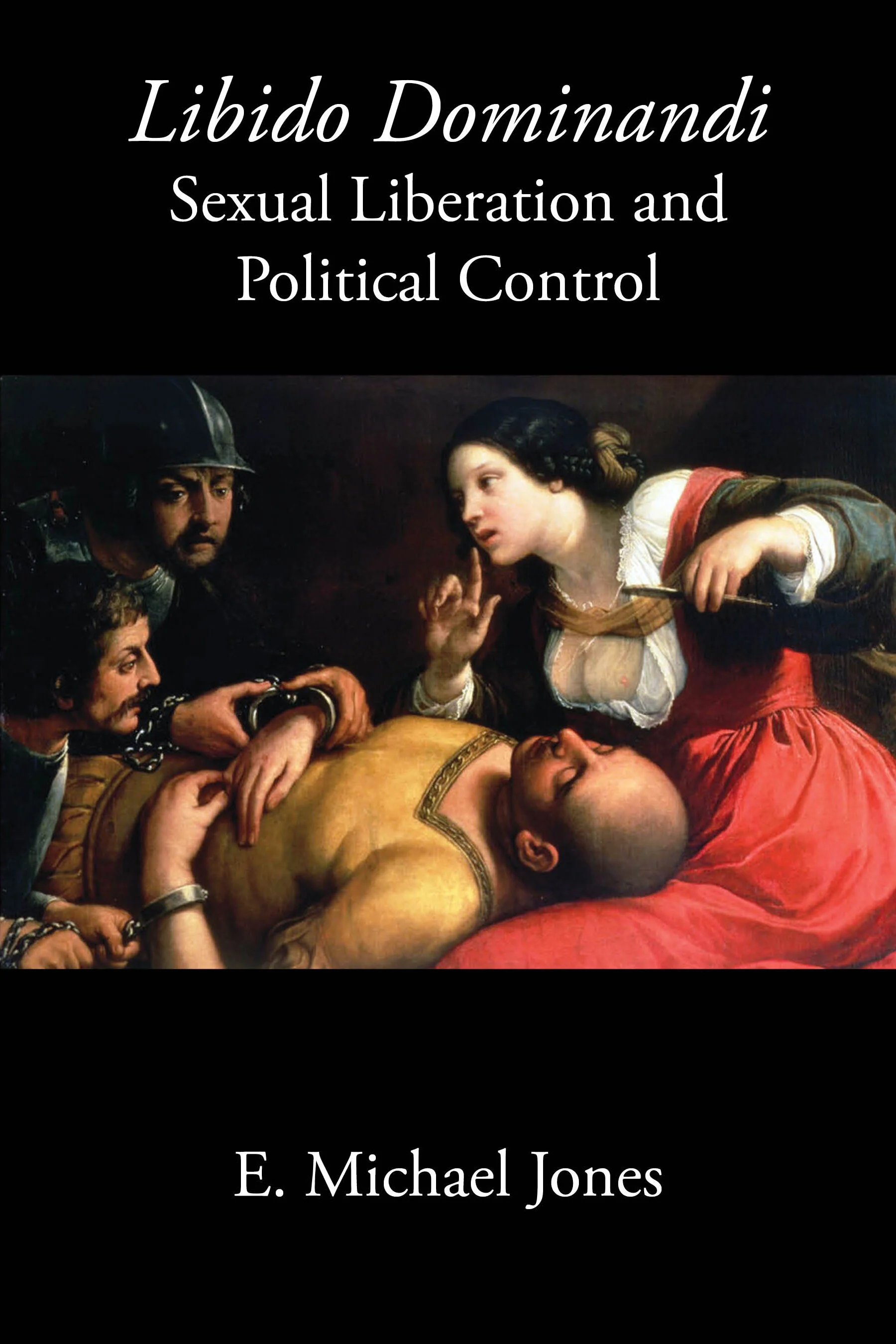Glazer’s Choice
/Aut Logos Aut Nihil
When Hamas attacked Israel on October 7, Israel responded with a ferocious counterattack which soon went beyond any proportionate response and became clearly genocidal. That disproportionate response, which resulted in the deaths of over 30,000 Palestinians, unleashed an identity crisis among Jews which reverberated within their ranks for months afterward. As of this writing Anti-Zionist demonstrations have shut down Columbia and other universities across the country. The mainstream media played up the voices of Jews on campuses who felt intimidated, but ignored the fact that pro-Palestinian Jews played a prominent role in these campus protests. The clearly genocidal behavior of Israel created a crisis of conscience for American Jews. This response reached a peak of sorts when The Zone of Interest directed by Jonathan Glazer received five nominations for the Oscar at the 96th Academy Awards. The Zone of Interest is a pretentious, artsy-fartsy Holocaust movie that won Oscars because Holocaust movies always win Oscars. Kate Winslet made her obligatory bow to Auschwitz by doing The Reader, which she described as her “fucking Holocaust movie.”
On March 19, 2024, when Director Jonathan Glazer stepped forward to receive the award for Best International Feature, he gave a short speech which gave voice to the same troubled Jewish conscience which is visible at campus demonstrations. Glazer stood in front of the mike at the Academy Awards and renounced his Judaism in the acceptance speech he gave for directing a Holocaust film. He took this unprecedented step in reaction to the Israeli invasion of Gaza and the subsequent genocide which the Israelis continued to inflict on the Palestinian people months later with no end in sight. “Our film,” Glazer read from a script held in his visibly shaking hands, “shows where demonization leads, at its worst. It shaped all our past and present. Right now, we stand here as men who refute their Jewishness and the Holocaust being hijacked by an occupation, which has led to conflict for so many people.”[1]
The tortured syntax and diction of Glazer’s acceptance speech raised more questions than it answered. What did it mean to refute Jewishness? Hadn’t Glazer affirmed his Jewishness by making a Holocaust film, or did Glazer set out to subvert the Holocaust narrative by excluding all but the faint sounds, ashes, and smoke which passed from the camp over the wall separating the camp from the Höss family garden? Was Glazer’s film a covertly pro-Nazi, anti-Jewish film like Quentin Tarantino’s Inglourious Basterds? The Zone of Interest could be viewed in that light because Glazer said that “he sought to make a film that demystifies the perpetrators of the Holocaust as ‘mythologically evil.’”[2] Christian Friedel, the German actor who played Rudolf Höss in Zone, lent credence to that interpretation when he claimed that he aimed to “give this monstrous person,” i.e., Rudolf Höss, “a human face.”[3]
Glazer’s acceptance speech opened the door to an even more troubling interpretation of his film because he made a clear connection between the Germans who went about their daily lives while studiously ignoring what was going on behind the garden wall at the Höss residence and the Americans and Europeans who went about their daily lives while studiously avoiding the genocide which the Israelis, the main beneficiaries of the Holocaust narrative, were inflicting on the Palestinians in Gaza. At the British Academy Film Awards, Producer James Wilson said: “I had a friend that texted me the other day; he said he couldn’t stop thinking about the walls we build in our daily lives that we don’t choose.... There’s obviously things going on in the world, in Gaza, that remind us starkly of the sort of selective empathy, that there seems to be groups of innocent people being killed that we care about less than other innocent people.”[4] Critic David Klion wrote that watching the film “as U.S.-made bombs rained down on civilian neighborhoods in Gaza, I couldn’t help but dwell on the banal acceptance of these mass civilian casualties that I’ve witnessed closer to home.”[5]
The Hollywood insiders clearly got the message: the Israelis are doing to the Palestinians today precisely what the Nazis did to the Jews 80 years ago. Jews are now Nazis.
Glazer’s speech touched a nerve. On the day following his speech, 450 “Jewish creatives, executives and Hollywood professionals” including Amy Pascal, Jennifer Jason Leigh, Gary Gilbert, and Michael Rapaport signed an open letter denouncing the speech as “blood libel.” Two weeks later another group of 150 “Jewish creatives” including Joaquin Phoenix, Joel Coen, Elliot Gould, and Tony Kushner signed a second open letter siding with Glazer.
The Zone of Interest
As the tide of indignation ebbed, the main piece of detritus left on the beach was the unanswered question of what Glazer meant when he said that he “refuted” his Jewishness. The thesis of The Jewish Revolutionary Spirit is that Jews have been at war with Logos ever since they crucified the Logos Incarnate. Always a minority in any country which accepted them after the diaspora which followed from the destruction of the Temple and the failed insurrection of Simon bar Kochba, the Jews implemented their hatred of Logos by subverting the dominant narrative of the countries which accepted them as resident aliens.
Thus the Jews set out to subvert the narrative known as Christianity throughout the history of the Holy Roman Empire and successor states like the Austro-Hungarian Empire. Sigmund Freud is a good example of the typical Jew, who subverts every narrative but his own. No one takes Freud seriously anymore because he was exposed as a typical Jew when the story of his incestuous relationship with his sister-in-law provided the interpretive key which unlocked his hitherto mysterious Oedipus Complex, which maintained that “all men” wanted to sleep with their mothers or sisters.
People in glass houses shouldn’t throw stones. A danger lurks at the heart of Jewish subversion. If the typical Jew subverts every narrative but his own, Freud is the classic example of the typical Jew who was betrayed by his own narrative. When the incest Freud committed with this sister-in-law Minna Bernays became known, that secret destroyed the Oedipus Complex, which was the narrative which Freud tried to preserve as sacred, i.e., unsubvertible.
Claude Lanzmann followed in Freud’s footsteps by turning the Holocaust into the narrative which subverted Christianity when he wrote:
If Auschwitz is something other than a horror of history, if it goes beyond “the banality of evil,” then Christianity totters on its foundations. Christ is the Son of God, who went to the end of the humanly endurable, where he endured the cruelest suffering. . . . If Auschwitz is true, then there is a human suffering which simply cannot be compared with that of Christ. . . . In this case Christ is false, and salvation will not come from Him.[6]
The crucial phrase in this passage, the phrase which unlocks the fear of the “typical” Jew who thinks his narrative can subvert the dominant narrative, which is Christianity, comes with the phrase “If Auschwitz is true. . . .” When Raul Hilberg, the dean of Holocaust historians, admitted that he could substantiate none of his claims in a court of law under oath, as he failed to do in the Zuendel trials which took place in Canada in the 1980s, the Holocaust as an actual historical event suffered a blow from which it has never recovered. This resulted in the shower scene in Schindler’s List, in which water not Zyklon B gas comes out of the shower heads, and the attempt to stifle all discussion which Deborah Lipstadt confected when she created the imaginary delict known as “Holocaust denial.” The collapse of the historical foundation of the Holocaust narrative in the 1980s paved the way for the transition from the typical Jew to the real Jew.
Sigmund Freud is a typical Jew, but he is not a real Jew because the real Jew subverts every narrative including his own. By “refuting” his Jewishness, Jonathan Glazer is more like Tovah Reich.
By the time Tovah Reich, the wife of a former head of the U.S. Holocaust Museum in Washington, D.C., wrote her novel My Holocaust in 2003, ten years after the premier of Schindler’s List, the Holocaust Narrative had become an inside joke. The Holocaust Narrative had become “an innocuous piece of self-promoting fiction,”[7] like the museum director’s tales of leading partisan resistance to the Nazis in the woods. Family and ethnic solidarity requires public allegiance to a narrative that is a sacred cause when government funding is involved but an inside joke in private, as when Nechama, the Jewish princess who has become a Carmelite nun stationed at a convent at Auschwitz bursts out: “Okay, Dad, I won’t be the one to tell the Holocaust deniers that it’s all made up.”[8]
The term “real Jew” has been co-opted by Jews like Ben Shapiro and Charles Moscowitz. When I told Ben Shapiro that over 130 Jewish organizations claimed that abortion was a fundamental Jewish value at the South Bend Right to Life banquet, Shapiro responded by saying that the overwhelming majority of Jews were not “real Jews.” Charles Moscowitz said the same thing when I mentioned Trotsky in one of our online debates. A real Jew subverts every narrative, including his own. Tovah Reich is a real Jew because she subverts the Holocaust narrative, which is the dominant Jewish narrative that Claude Lanzmann claimed as the replacement for Christianity. Jonathan Glazer became a real Jew when he refuted his Jewishness, but the theoretician of the real Jew was Jacques Derrida, who provided the metaphysical foundation for the antimetaphysical theory of deconstruction, which subverted all narratives, including its own…
[…] This is just an excerpt from the June 2024 Issue of Culture Wars magazine. To read the full article, please purchase a digital download of the magazine, or become a subscriber!
Articles:
Culture of Death Watch
Glazer’s Choice by by Dr. E. Michael Jones
Features
How Jews “Love” Christians by Fr. Francesco Saverio Rondina, S.J.
Reviews
Macbeth - Dock X London by Sean Naughton
(Endnotes)
[1] “The Zone of Interest (film)” Wikipedia: The Free Encyclopedia, https://en.wikipedia.org/wiki/The_Zone_of_Interest_(film)
[2] “The Zone of Interest (film).”
[3] “The Zone of Interest (film).”
[4] “The Zone of Interest (film).”
[5] “The Zone of Interest (film).”
[6] E. Michael Jones, The Holocaust Narrative (South Bend, IN: Fidelity Press, 2023), p. 328.
[7] Tovah Reich, My Holocaust: A Novel (HarperCollins e-books), p. 13.
[8] Jones, Holocaust, p. 371.
[9] R. V. Young, At War with the Word (Delaware, ISI, 1999), p. 60.
[10] Young, At War, p. 60.
[11] Young, At War, p. 63.
[12] Young, At War, p. 63
[13] Karl Marx, On The Jewish Question, Deutsch-Französische Jahrbücher, February 1844, trans. Andy Blunden, Matthew Grant and Matthew Carmody, 2008/9, https://www.marxists.org/archive/marx/works/1844/jewish-question/
[14] Marx, On The Jewish Question.
[15] Marx, On The Jewish Question.










